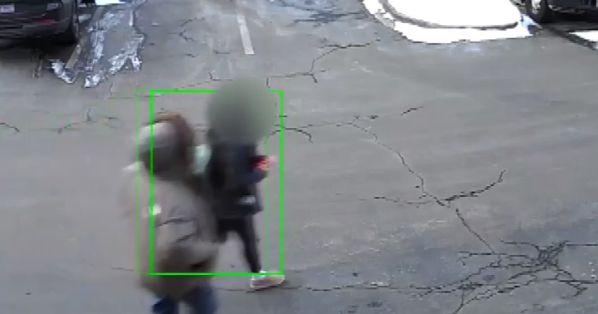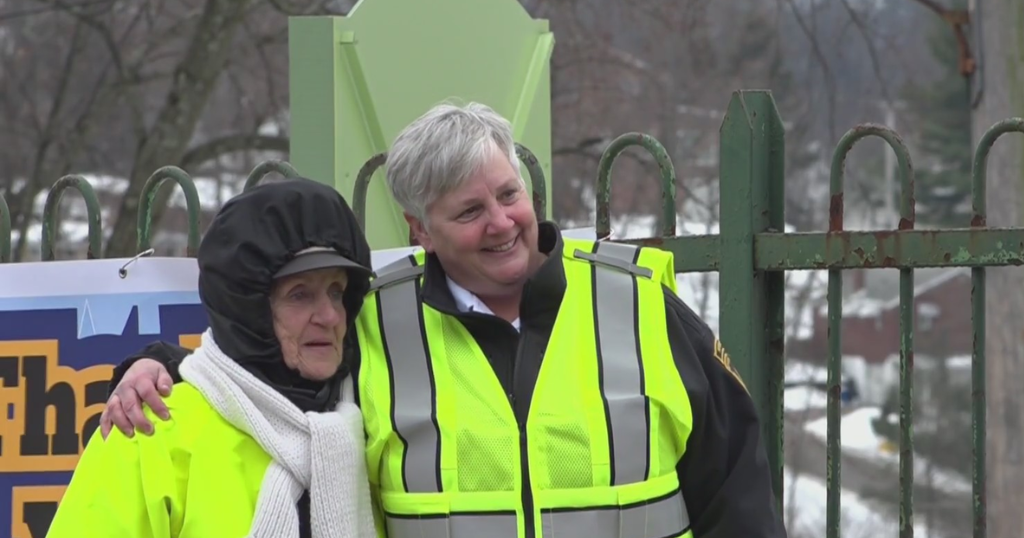For Some BART Panhandlers, Begging Is Their Job
(KPIX 5) -- If you commute on Bay Area Rapid Transit, you've likely seen them - women with babies begging for money.
The women are often seen swaying precariously on the rolling BART train, baby strapped to their chests, approaching riders with a cardboard sign, such as: "No job, 4 kids, please help for food."
Then there are also men and women who hand out packets of Kleenex along with almost identical typewritten notes. If you don't donate, they take the Kleenex and the note back.
And so they beg, around the stations, and more uncomfortably, on the trains. Are they really as destitute as they seem, or is there something more organized going on?
We rode the rails for weeks over the summer to find out and learned the "mothers" as we came to call them are from Romania and live in Fremont.
Experts say the traveling panhandlers are Roma, sometimes called gyspies - an widely-used term based on a misconception that the Roma originated in Egypt (they originated in northern India) and a label increasingly seen as perjorative.
They weren't too eager to talk to us. "How long do you stay on the train? How many hours?" we asked one mother. "I don't know because it's first time," she said.
The Kleenex crew, as we soon were calling the other group, were chattier once they learned our producer spoke Italian. One man told us he rides the rails every day, from 9 a.m. to 7 or 8 p.m. He said he was also from Romania and lives in Hayward.
Hayward was also the home of another Kleenex panhandler. She told us she works the trains seven days a week and makes $50 to $100 a day.
"They come on to BART because it's a target-rich environment," said BART Deputy Police Chief Ed Alvarez.
While BART is well aware of the panhandling groups, "It's a First Amendment protected right to panhandle," said Alvarez.
Panhandling may be legal, but where is the money going?
It turns out the Kleenex crew isn't as destitute as their "help me" notes would make it seem. On several different nights we recognized half a dozen of them loading into a couple of Audis, a Mercedes and a Kia and counting their haul for the day.
As for the mothers, day after day like clockwork we watched them stream out of the Fremont parking lot pushing their strollers. We followed them to a residential development about a mile away, where rents for two-bedroom units list at $2,600 a month.
"I can't comment on individual cases that might be begging fraud, but I do know that it does not represent Roma as a whole," said Carol Silverman, anthropology and folklore professor at the University of Oregon.
Silverman also sits on the board of Voice of Roma, an advocacy group that promotes Romani cultural arts and traditions.
She says Roma have been persecuted for centuries in Europe. Recent crackdowns in France are forcing thousands of Roma to flee to the U.S. where she says they are encountering new discrimination.
"You hear the same prejudicial statements: They are nomadic, they do not work, they are thieves, they will steal money from your pocket, of these things that are not actually documented according to any reliable statistics," said Silverman.
But Investigator Greg Ovanessian with the Santa Clara County District Attorney's office has a different perspective. "I have had the opportunity to deal with members of the Romani community, for good reasons and bad."
Ovanessian said the kind of begging we documented on BART is highly organized and lucrative.
"When they say that they are hungry, children need food, diapers, they lost their job, many people are very compassionate and benevolent and they want to help," said Ovanessian. "But, you know, when you lie about those circumstances and take money from people, that's not right."
The organized begging is just one of several criminal enterprises Ovanessian has run into involving Roma families. His advice to BART riders: "Think twice before you decide to give, especially a large amount of money."







